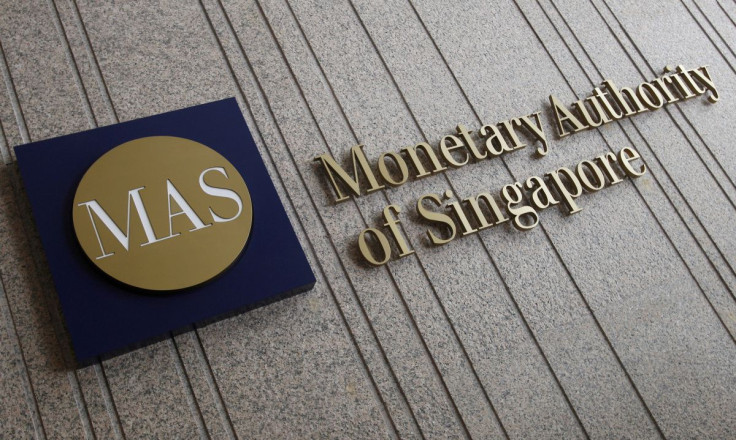Monetary Authority Of Singapore Reprimands 3AC For Exceeding AUM Limit
KEY POINTS
- 3AC is one of the biggest crypto hedge funds
- MAS says 3AC breached the AUM limit
- The hedge fund allegedly provided false information
The Monetary Authority of Singapore (MAS) has reprimanded Three Arrows Capital (3AC), one of the biggest crypto hedge funds, for "providing false information to MAS and exceeding the assets under management (AUM) threshold allowed for a registered fund management company (RFMC)."
The MAS pointed out three reasons why it reprimanded 3AC, starting with failure to "ensure that information provided to MAS is not false or misleading," The hedge fund told the financial regulator that it had novated the management of its fund to an offshore entity, which was "unrelated" to 3AC. However, it turned out that the offshore entity and the hedge fund had a shareholder in common, M. Su Zhu, who is the co-founder of Three Arrows Capital.
Secondly, the MAS claims that 3AC failed to "notify MAS of changes to directorships and shareholdings" within the specified timeline. These changes pertained to the firm's directors, Su Zhu and Kyle Livingston Davies.
Lastly, the regulator added that 3AC breached the applicable threshold imposed on assets under management (AUM).
"TAC exceeded its allowable AUM of S$250 million for a RFMC between July 2020 and September 2020 and between November 2020 and August 2021," claims the MAS.
3AC has been facing liquidity issues recently and Zhu said that the firm is "committed to working this out." The firm had backed projects like Avalanche (AVAX), Polkadot (DOT) and Ether (ETH), which have crashed significantly since the start of the year.
"In light of recent developments which call into question the solvency of the fund managed by TAC, MAS is assessing if there were further breaches by TAC of MAS’ regulations," said MAS.

© Copyright IBTimes 2025. All rights reserved.




















